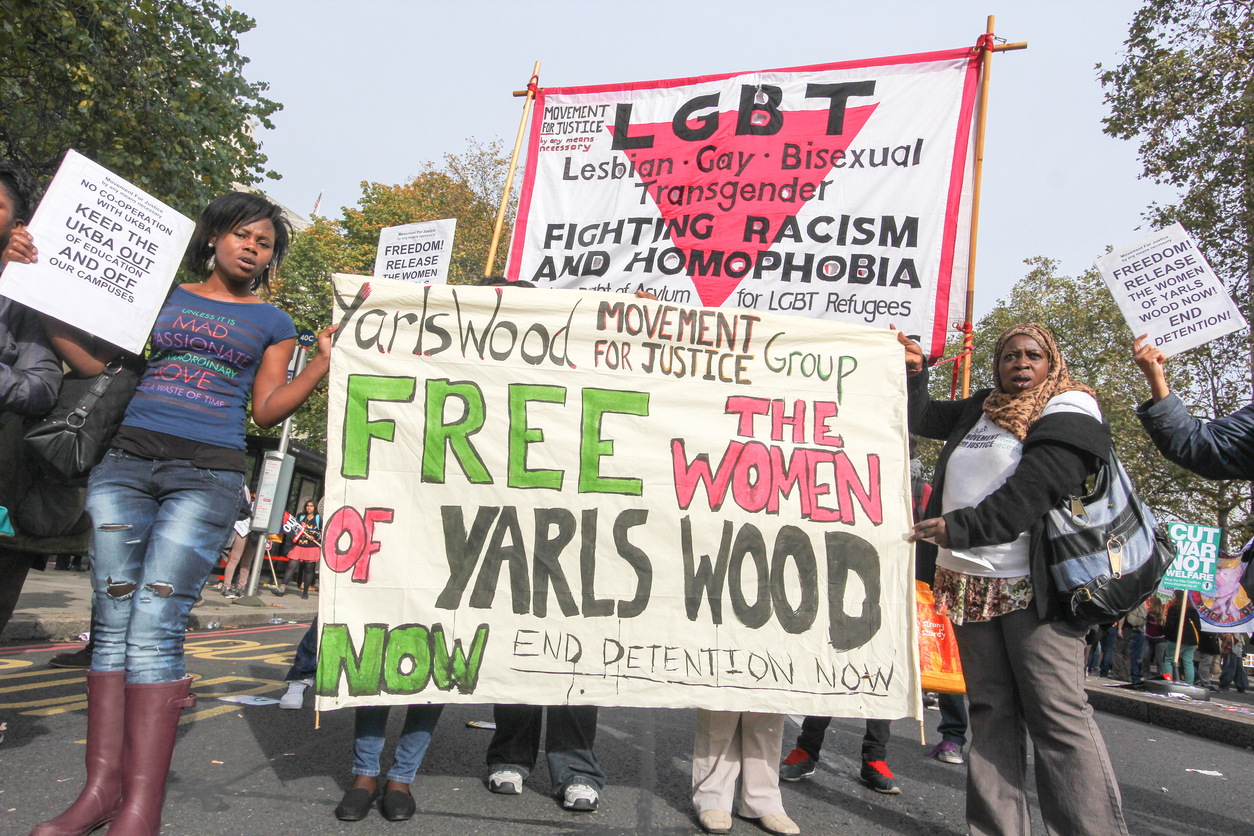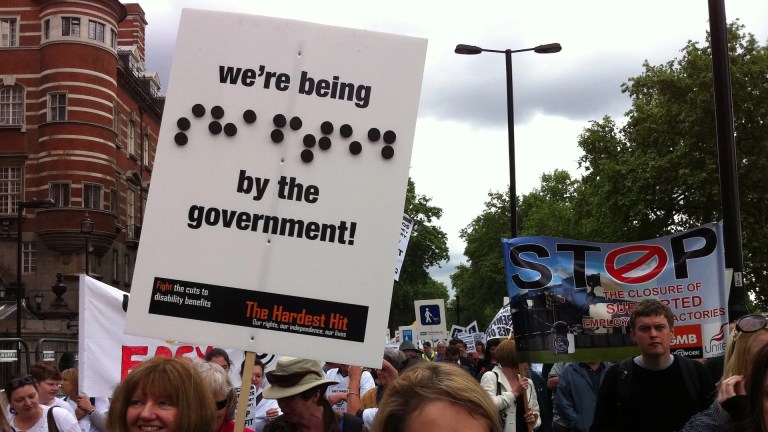Over 2000 asylum seekers will be unable to celebrate the holiday period with loved ones as they wait for their future to be decided by the Home Office.
Immigration detention is the practice of holding people who are subject to immigration control in custody whilst detainees wait for a decision to be made on their asylum application. With 26,541 individuals entering detention centres in the year that ended in March, the UK has one of the largest immigration detention systems in Europe. Yet, unlike any other country in Europe, the UK’s immigration system has no time limit for detention.
Courts have ruled that detaining asylum seekers can only be lawful when there is a realistic prospect of removal within a reasonable period. A sample of 188 detainees in August last year shows this condition is not being met, with the median stay being four months; the longest nearly three years. These delays can become especially harmful considering that 56 per cent of the sample were officially classified as “adults at risk”.
Tragic consequences
Failure to implement the ‘adults at risk’ protection was highlighted by a custody watchdog report which found that the uncertainty over the length of detention was a contributing factor to the suicide of one 28-year-old man. Findings like these demonstrate that systematic disregard leads to tragic consequences.
Abusive treatment towards asylum seekers is also commonplace
Despite half of detainees never having committed a crime, bleak corridors, tasteless food and claustrophobic cells make detention centres seem like prisons. Cells contain two bunks and are furnished with barely concealed toilets and uncomfortable plastic chairs. The food is repetitive and sub-standard, with chicken, rice and chips being the same option every day.
Abusive treatment towards asylum seekers is also commonplace. BBC Panorama showed shocking footage from Brook House immigration removal centre in September 2017. Undercover recordings showed one officer appearing to throttle one man and threatening to put him to sleep. One detainee in The Verne detention centre describes the sickening nature in which officers reacted to the suicide of one asylum seeker: “When the guy died, an officer came in laughing, and joking as if nothing happened. They just think a joke happened. They were laughing loud.”










